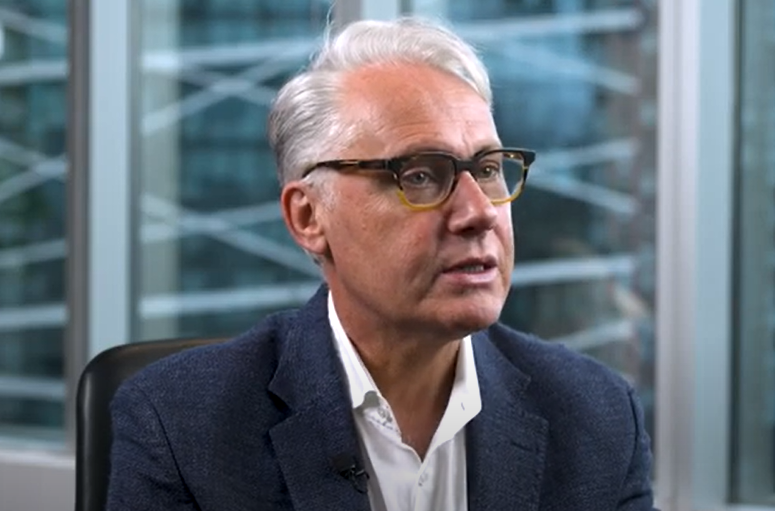The CLF Research Registry
The CLF Research Registry comprises the Brain Donation Registry (BDR) and the Clinical Research Registry (CRR).
Join the CLF Research Registry
The CLF Research Registry comprises the Brain Donation Registry (BDR) and the Clinical Research Registry (CRR). You may sign up for one or both.
CLF Australia is proud to collaborate with the Australian Sports Brain Bank, as well as members of the CLF Global Brain Bank: the UNITE Brain Bank, the Canadian Concussion Centre, the Neurological Foundation Human Brain Bank in New Zealand, the University of Oxford, and the University of Sao Paulo.
Brain donation is a generous act that helps raise awareness for concussion and CTE research and allows your family to know your wishes for brain donation after death. Brain Donation Registry members will receive a personalised digital brain donor card and informational packet on brain donation.
Browse our Brain Donation FAQ for more information. For imminent brain donation matters, please contact the respective brain banks directly.
By signing up for the Clinical Research Registry, you’ll help accelerate clinical research studies on brain injuries and CTE led by research institutions across Australia.
Register today to begin receiving information on active studies for which you may be a fit. Thank you in advance for committing your time and effort to these important studies.
Research Registry Form
Learn More



The Australian Sports Brain Bank (ASBB) was established in 2018 by the Neuropathology Department at RPA Hospital Sydney in partnership with the Brain and Mind Centre at the University of Sydney, and the Concussion Legacy Foundation.
The ASBB is led by Associate Professor Michael Buckland, senior neuropathologist and the Head of the Department of Neuropathology at Royal Prince Alfred Hospital, Head of the Molecular Neuropathology Program at the Brain & Mind Centre, University of Sydney, and Co-Director of the Multiple Sclerosis Research Australia Brain Bank.
For more about the ASBB and our global collaborators, including the impact that brain donation has had on our understanding of CTE, head to our brain banks page.
CTE is a global problem, but due to a lack of brain tissue, few researchers outside the United States were able to study this devastating disease. The Concussion Legacy Foundation founded the CLF Global Brain Bank to activate scientists from every corner of the globe in the fight against CTE.
Led by some of the world’s greatest researchers on brain trauma and CTE, the CLF Global Brain Bank has collaborators in Australia, Brazil, Canada, New Zealand, and the United Kingdom, with plans for future growth.
For more about the CLF Global Brain Bank and the importance of brain donation around the world, visit our brain banks page.
Research is the key that unlocks our ability to prevent and treat the effects of brain trauma. Clinical research on human volunteers allows scientists to pick up on changes in the brain that lead to CTE while someone is alive, bringing us closer to being able to diagnose CTE during life.
The Concussion Legacy Foundation Australia actively recruits for studies led by researchers across Australia. For more information on active studies, head to our clinical research page.